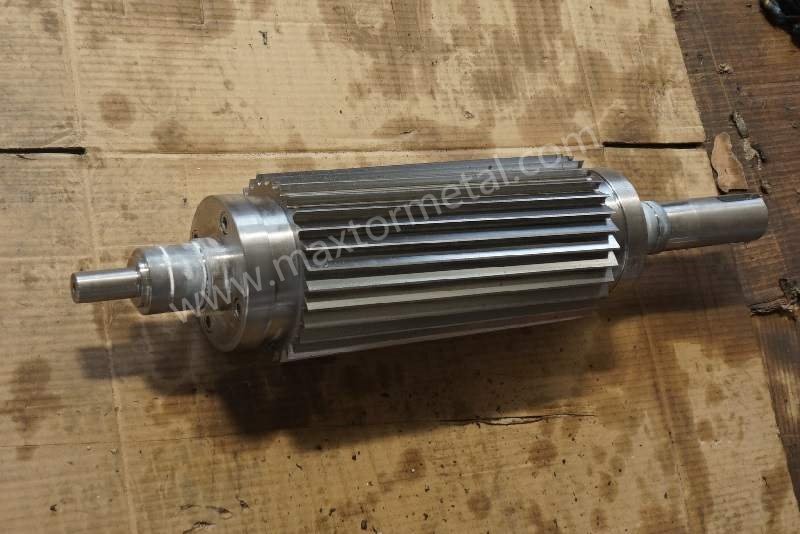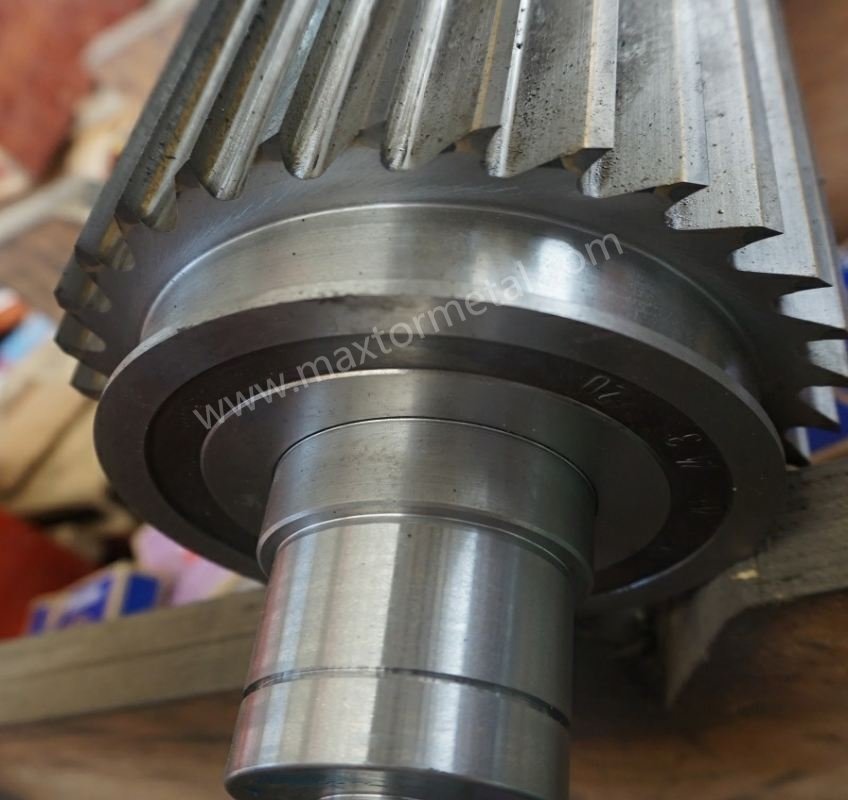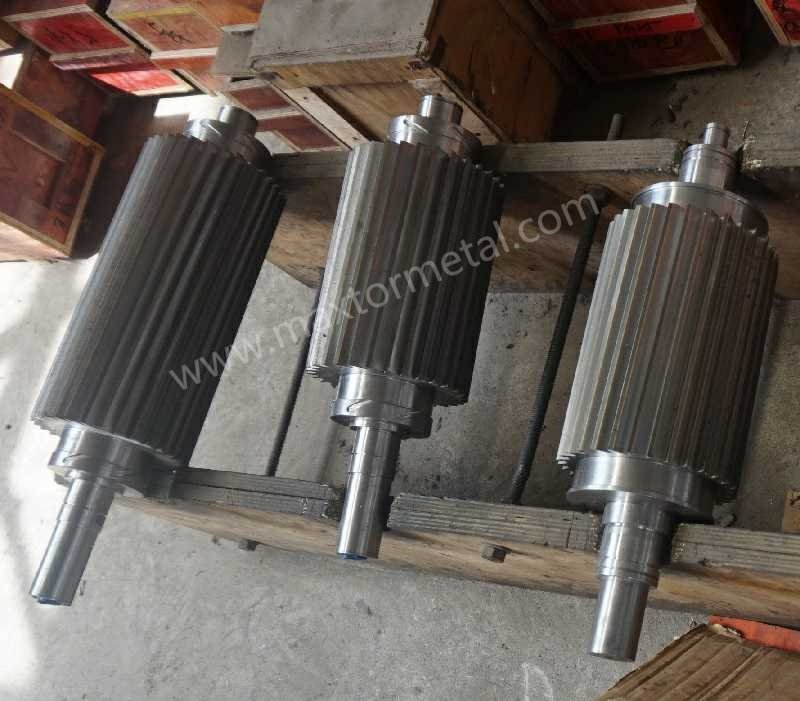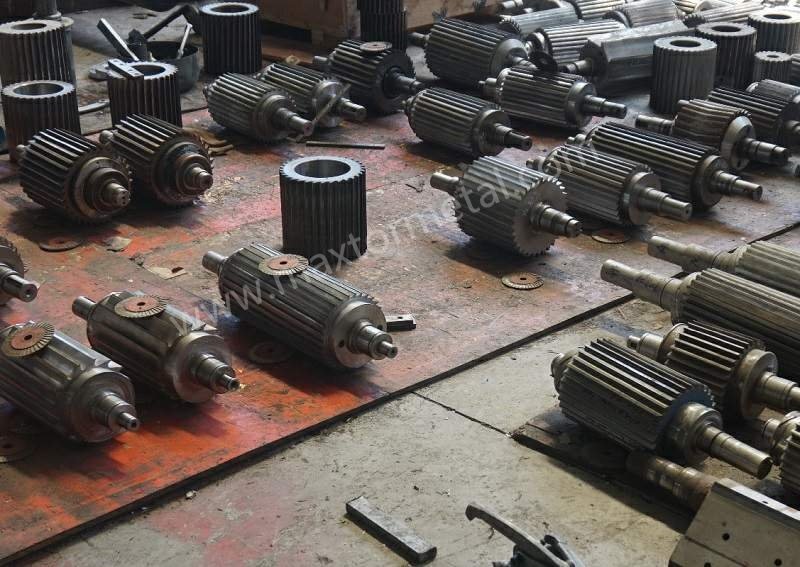| اسماء اخرى | سكين وقاطع دوار للتحبيب البلاستيكي، سكين وقاطع دوار للتحبيب، سكين وقاطع دوار للتحبيب، سكين وقاطع دوار للتحبيب |
|---|---|
| مكان المنشأ | الصين |
| طلب | البلاستيك، الورق، السجاد، Metal، المطاط، الألومنيوم، الكابلات، النحاس، أجاد، الإطارات، WEEE |
| مادة | 5CrW2Si، 6CrW2Si، 9Cr سي، H13، Cr12MoV |
| رقم الموديل | RC-MR |
| خدمة صانعي القطع الاصلية | متاح |
| شروط الدفع | خطاب الاعتماد، تي/تي، ويسترن يونيون |
| طَرد | صندوق كرتوني، في حالات خشبية |
| موعد التسليم | 7-20 يومًا |
مشاركة إلى:
The term “Plastic Granulator Rotary Knife” refers to a cutting blade that is a key component in a plastic granulator machine. These machines are used to reduce plastic waste, scrap, or virgin plastic materials into smaller, more manageable granules or regrind. The Plastic Granulator Rotary Knife is typically one of several blades mounted on a rotating rotor within the granulator. As the rotor spins at high speed, these knives work in conjunction with stationary bed knives (or counter knives) to shear and cut the plastic material fed into the granulator’s cutting chamber. The size and shape of the resulting granules are determined by the screen size used in the granulator. Plastic Granulator Rotary Knives are essential for plastic recycling processes, in-house scrap recovery, and the preparation of plastic materials for further processing or manufacturing. These blades are also sometimes referred to as “plastic grinder rotor knives,” “granulator rotor blades,” “plastic shredder rotary knives (in some contexts for coarser grinding),” “plastic regrind knife,” or simply “granulator knives,” depending on the specific application and the type of granulator.
Plastic Granulator Rotary Knives are fundamental to the size reduction of various types of plastic materials. Their applications are widespread across the plastics industry:
The design, size, number, and material of the Plastic Granulator Rotary Knives are crucial for the efficiency and effectiveness of the granulation process, depending on the type and volume of plastic being processed.
The materials used in the manufacturing of Plastic Granulator Rotary Knives are selected for their ability to withstand the impact, abrasion, and potential heat generated during the granulation of various plastics, which can range from soft films to hard engineering polymers. Common materials include:
Heat treatment to achieve the desired hardness and toughness is a critical step in the manufacturing process of Plastic Granulator Rotary Knives. The specific heat treatment depends on the steel alloy and the intended application. Coatings, such as chromium plating or tungsten carbide, may also be applied to further enhance wear resistance and extend blade life.
Plastic Granulator Rotary Knives come in various shapes and sizes, depending on the design of the granulator and the type of plastic being processed. Common shapes and features include:
The specific shape, size, angle, and number of Plastic Granulator Rotary Knives are critical design parameters that influence the granulator’s performance, throughput, and the quality of the regrind produced. Matching the correct knife type to the plastic material being processed is essential for efficient and effective granulation.
إذا لم تجد الشفرة التي تبحث عنها، يمكننا تخصيصها. اطلع على "شفرات مخصصة" لتتعلم كيف! مرحبًا بك في استعلام!
من السهل الاستمتاع براحة الاستيراد، من النقل إلى التخليص الجمركي، فنحن نتولى العملية برمتها، ما عليك سوى دفع ضريبة القيمة المضافة وانتظار وصول البضائع إلى الشركة.
لقد رأينا شفراتها تُستخدم في عدد لا يحصى من التطبيقات، ونحن على استعداد للتعامل مع أي مشروع تطرحه في طريقنا - مما يوفر الدقة والمتانة وأسعار تنافسية لا مثيل لها.
سواء كنت تقدم رسومات أو مخططات أو عينات، فنحن قادرون على الرسم والتصنيع لك. كما لدينا القدرة على المساعدة في تعديل التصميمات والمواصفات الحالية لتحسين أي تطبيق للأدوات الصناعية تقريبًا. يرجى الاتصال بفريق المبيعات المخصص لدينا لمناقشة متطلباتك المحددة.
يتم إجراء سلسلة من الاختبارات والفحوصات للتحكم في الجودة، بما في ذلك فحص المادة الأولية، وفحص المواد الواردة، والمواد المعتمدة، وفحص الجودة أثناء العملية، وفحص الجودة النهائي.
سواء كنت مستوردًا أو موزعًا أو تاجر جملة أو مستخدمًا نهائيًا، فنحن نرحب بك للانضمام إلينا مع الحد الأدنى من الحد الأدنى لكمية الطلب، وعدم وجود متاعب للاستفسار ومزيد من الحرية للشراء.
كن مراقبك الحصري، وقم بالنقل المنتظم لكل عقدة مهمة في خط الإنتاج، بغض النظر عن مدى بعدها، حتى تتمكن من فهم تقدم المنتج قدر الإمكان!






نانجينغ المعادن الصناعية المحدودة
منطقة مينجوي الصناعية، ليشوي، نانجينغ، جيانغسو، الصين
ابق على اطلاع بأحدث أخبارنا.